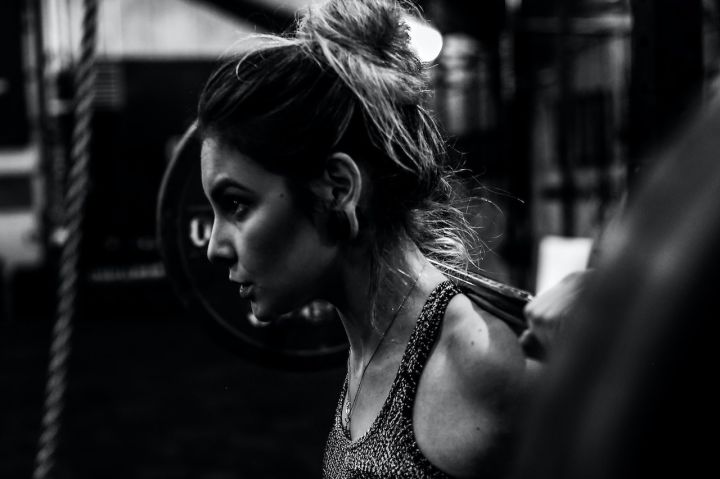if you know anything about sports and fitness, you will know that the deep squat is the king of movements, and even if you don't know much about sports and fitness, you will be familiar with this movement if you have a little contact, including some of it in secondary school pe. If you can do the standard squat, you will be able to exercise all the muscles in your body, and in regular training, the squat is able to train the largest part of the muscles in our body. The squat is also a must-do exercise in our daily training routine.

since the squat is such a high priority in sports and fitness, there is no doubt about its benefits. The squat is primarily a hip and leg exercise, but it allows the muscles of all parts of the body to participate in the force, and can promote muscle growth. If you perform regular squats, you will be able to grow your muscles, so you can also increase your basal metabolism, which will help you lose weight more effectively and help your whole body burn fat.
Deep squats improve hip flexibility and help to improve balance and stability, and of course, they have a very good effect on lower body strength. In addition, the deep squat does not require any equipment to assist with the exercise and can be performed anywhere, anytime.

we already know what the benefits of the squat are, so there are some points to note when performing the squat: In the squat, the upper body should be kept as straight as possible, tighten the abdomen; when squatting, the hips are moving towards the rear part, not down; do not put too much attention on the knees, not over the toe position, in fact, its main purpose is to tell everyone that the main purpose of this is to show that the weight should be placed on the bottom of the foot, so that the pressure on the knees can be reduced; when squatting, use your subjective awareness to control the speed of the squat, and squat as slowly as possible.

now that we know what the benefits of the squat are and what to look for in the squat, we will introduce the following movements in addition to the squat, as well as variations of the squat that can be performed to varying degrees on different parts of the body and can bring more enjoyment to the movement. In the actual training process, it is important that you do this according to your physical condition and do not force yourself.
Movement 1: Front squat

with your feet shoulder-width apart, extend your legs straight, or bend your knees slightly, keeping your back straight and moving your hips back until your knees are bent until your thighs are parallel to the ground. At the same time, raise your arms forward so that they are parallel to the ground and parallel to each other at the same time.
Movement 2: Deep squat jump

first, maintain a standard deep squat, still with your thighs parallel to the ground and your calves perpendicular to the ground, keep your upper body overhead and lean slightly, then jump up, swing your arms freely with the jump, and return to a deep squat position when you land again.
Movement 3: Gun squat

the gun squat is more challenging than the single leg squat, extending one leg straight forward is a test of flexibility and can be performed with the aid of holding on to an object if you are unable to complete it. Start by bringing your hands straight forward in a front plank, parallel to the ground, then extend one leg and support your body with only one leg. Then do a squat until your thighs rejoin your calves, then slowly rise up and return to a standing position.
Movement 4: Goblet squat

hold a dumbbell together with your hands at the front of your body, keeping your body straight and your legs straight, with the distance between your legs shoulder-width apart. Squat backwards at the hips until you squat until your thighs are perpendicular to your calves, keeping your upper body stable, after which you slowly rise. Holding the dumbbells with both hands allows for less tension on the back and corrects excessive forward leaning of the body.
There are many variations on the deep squat, and we will only introduce these here. The movements should still be performed according to what you can handle, and do not blindly challenge difficult movements that could easily cause physical injury. All exercise and fitness should be done with health in mind. The squat is not only limited to hip and leg exercise, 4 kinds of squat, shaping a good body strong body.

